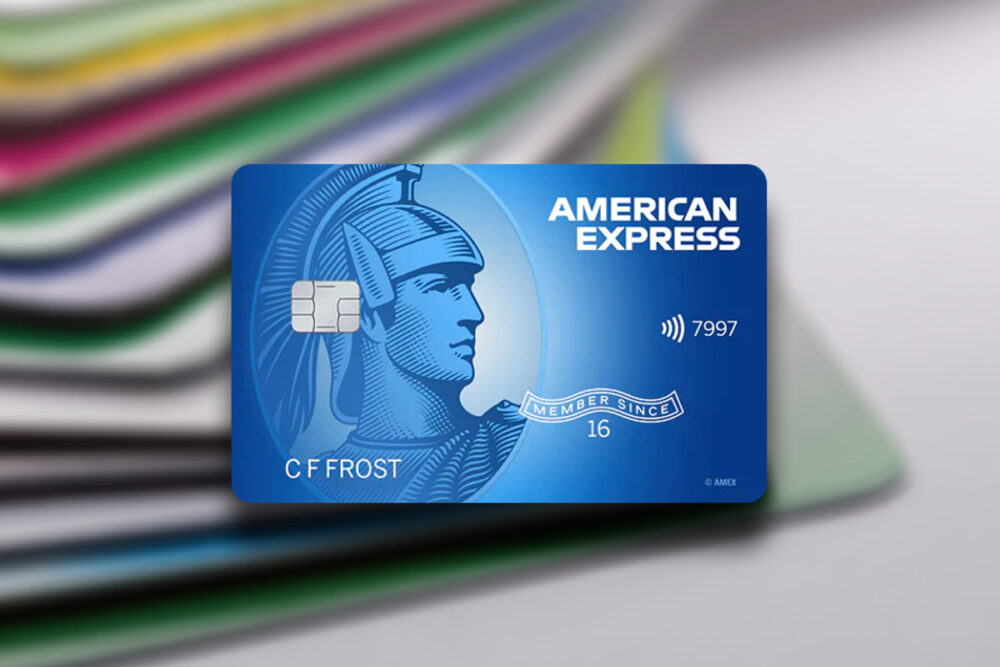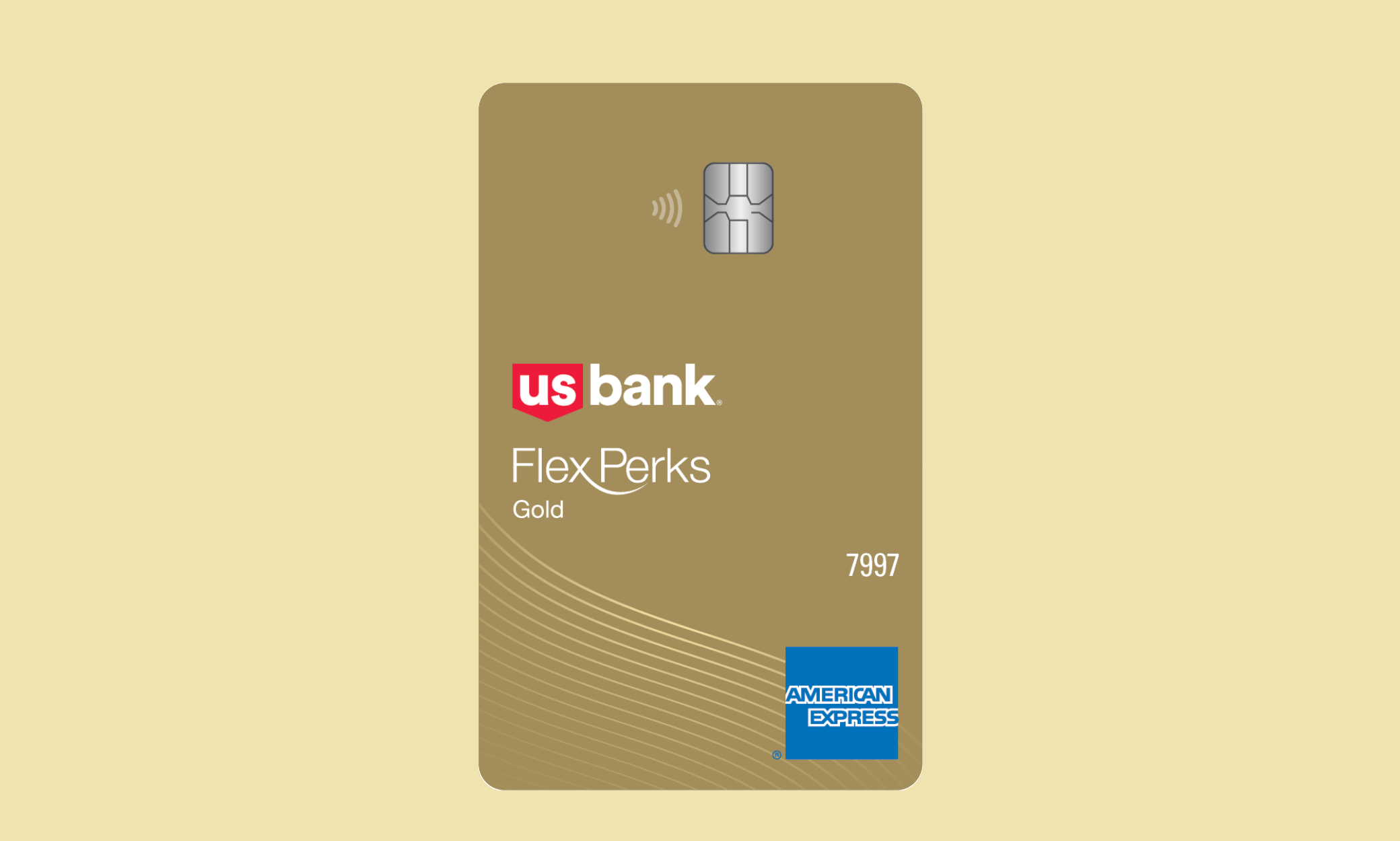How to Avoid Debt: Effective Strategies for Managing Credit Card Use

The Benefits and Risks of Credit Card Use
In today’s fast-paced society, credit cards are a popular financial tool that can provide both convenience and significant rewards. However, as appealing as they may be, they can also become a source of financial strain and debt if not managed wisely. Understanding the potential consequences of credit card usage is essential for safeguarding one’s financial health and well-being.
The Alarming State of Credit Card Debt
Credit card debt in the United States is alarming. As of recent data, Americans collectively owe over $900 billion on credit cards. This staggering figure not only underscores the widespread reliance on credit cards but also highlights a looming crisis for many individuals. The average American household that carries credit card debt owes approximately $15,000, illustrating how easy it is to accumulate substantial financial burdens without careful management.
Strategies for Responsible Credit Card Use
To harness the benefits of credit cards while minimizing the risks, there are several effective strategies that individuals can adopt:
- Create a Budget: Begin by assessing your total income and outlining your monthly expenses. This will allow you to allocate funds appropriately and establish a framework for responsible spending. Using budgeting apps or spreadsheets can simplify this process and provide clear visibility into your financial habits.
- Set Limits: Establishing personal spending limits is vital. These limits should align with your budget, ensuring you don’t exceed what you can afford to repay. Consider using a separate credit card for specific categories, such as groceries or entertainment, to better manage your spending.
- Pay on Time: Timeliness is key in credit card management. Late payments can result in hefty fees and damage your credit score. Set reminders or automate payments to ensure you make timely contributions to your balance.
- Utilize Rewards Wisely: Many credit cards offer enticing rewards such as cashback, travel points, or discounts. While it is beneficial to take advantage of these offers, it’s essential to avoid overspending simply to achieve greater rewards. Focus on making purchases you would have made regardless of rewards.
- Track Your Spending: Regularly monitoring your transactions helps you stay aware of your financial status. Many card issuers provide online tools to categorize your spending, helping you to visualize where your money goes each month.
Taking Control of Your Financial Future
By implementing these strategies, you can gain better control over your credit card use, fostering a healthier financial future. Understanding the intricacies of credit management not only empowers you but also leads to greater financial stability and peace of mind. As you navigate the world of credit, remember that informed choices and discipline are your best allies in avoiding the pitfalls of debt that so many face today.
Delving deeper into these strategies can provide larger dividends, encouraging you to explore resources like financial literacy workshops, reputable personal finance blogs, or even consulting with a financial advisor. Taking the time to educate yourself about credit management can pave the way for smarter financial decisions that enhance your quality of life.
DON’T MISS: Click here for practical tips on staying active
Navigating the Complexities of Credit Card Management
The ease of swiping a credit card makes it a handy tool for managing expenses, but it can also lead to unintended consequences if not handled with care. With a growing reliance on credit, many individuals find themselves trapped in cycles of debt that can be difficult to escape. Recognizing the delicate balance between utilizing credit cards for their benefits and avoiding the pitfalls of overspending is crucial for maintaining financial health.
The Importance of Financial Awareness
Being financially aware is the first step toward responsible credit card use. Many consumers underestimate the impacts that small, everyday purchases can have when charged to a credit card. It is essential to examine not only how much you can afford to spend but also the long-term implications of that spending when interest rates come into play. For instance, if you carry a balance of $5,000 on a credit card with a 20% interest rate, and only make the minimum payment, you could spend over $1,500 in interest over the course of five years. These figures underline the importance of being proactive and informed about credit card expenditures.
Setting Clear Financial Goals
Establishing well-defined financial goals can provide direction and motivation. Whether you’re wanting to pay off debt, save for a significant purchase, or simply improve your credit score, having a clear objective can guide your credit card usage. Below are elements to consider when mapping out your goals:
- Short-term Goals: These could include paying off a specific amount of debt within a set timeframe or saving a certain percentage of your income each month. Setting small, manageable targets can foster a sense of accomplishment and keep you on track.
- Long-term Goals: This might involve larger aspirations like saving for a home or planning for retirement. Keeping these long-term goals in mind can help you resist the temptation to overspend in the short term.
- Emergency Fund: Building up an emergency fund is essential to avoid relying on credit cards during financial crises. Aim for three to six months’ worth of living expenses tucked away to safeguard against unexpected costs.
Understanding Your Credit Card Terms
Many consumers fail to thoroughly read or comprehend their credit card terms, which can lead to costly misunderstandings. Familiarizing yourself with your credit card’s interest rates, fees, and grace periods is imperative. For example, knowing when your issuer applies interest on new purchases can help you strategize your spending habits better. Additionally, understanding late fees and how they impact your total debt can encourage more disciplined payment behavior.
By equipping yourself with knowledge about your financial habits and setting clear goals, you can create a solid foundation for managing credit card use while minimizing the risk of falling into debt. Adopting these strategies not only fosters a healthier financial lifestyle but also empowers you to make informed choices tailored to your unique financial situation.
DISCOVER MORE: Click here to learn how to improve your sleep
Implementing Practical Strategies for Responsible Credit Card Use
Understanding credit card fundamentals is just the beginning; the real challenge lies in developing effective strategies to ensure responsible use. Implementing safe practices ultimately not only safeguards against unnecessary debt but also enhances your financial literacy. Here are several approaches you can adopt to help you manage your credit card effectively.
Establishing a Budget
Creating a realistic budget is essential for managing credit card expenses. A budget provides a framework for tracking your income and expenses, ensuring you allocate funds appropriately. Start by listing all monthly income sources alongside fixed expenses, such as rent and utility bills. Then, factor in discretionary spending categories, including groceries, entertainment, and dining out.
Once you have a clear picture, determine how much of your discretionary spending can be utilized on your credit card without exceeding your budget limits. Tools like budgeting apps can help you monitor your spending categories and adjust them as needed, offering greater control and visibility into your financial habits.
Utilizing Automatic Payments and Alerts
Setting up automatic payments can prevent late fees and mitigate interest accrual. Most credit card companies offer this service, allowing you to establish automatic payments for at least the minimum due each month. This reduces the chances of missed payments, which can significantly harm your credit score over time. However, always ensure that you maintain sufficient funds in your bank account to avoid overdraft fees.
In addition to automatic payments, taking advantage of alerts can keep you informed on your spending behavior. Credit card issuers often provide notification options for spending limits, payment due dates, and even unexpected charges. These alerts can serve as a timely reminder to review your account activity and adjust your spending habits if necessary.
Choosing the Right Cards and Rewards
Selecting the right credit card can have a profound impact on your financial health. Not all credit cards are created equal; those with high-interest rates or excessive fees can quickly lead to debt if not managed carefully. When considering new credit card options, research different cards that suit your financial habits, be it balance transfer cards, cashback rewards, or travel perks.
For example, a cashback credit card might help you capitalize on everyday purchases while collecting rewards for cash back on groceries or gas. Additionally, some cards come with no foreign transaction fees, which can be highly advantageous if you frequently travel. Always compare the benefits against the associated costs to ensure you’re choosing a card that advances, rather than hinders, your financial goals.
Using Credit Cards Responsibly
Responsible credit card usage is a powerful tool for building credit and managing finances. One effective practice is the “50/30/20” rule, which suggests allocating 50% of your income for needs, 30% for wants, and 20% for savings. By integrating this rule into your credit card spending, it can help delineate between essential purchases and non-essential splurges. By sticking to this framework, you can reduce impulsive buying behaviors and prioritize payments towards maintaining a lower credit utilization ratio, which positively impacts your credit score.
Furthermore, consider using your credit card for regular bills and routine expenses only. This approach helps create a sense of consistency in payments, while also providing a clear transaction history when it’s time to review your spending. The goal should be to treat your credit card as a tool for convenience rather than an outlet for excess.
By embracing these practical strategies, you can foster a more responsible approach to credit card use. Remember, card management is not just about avoiding debt; it’s about sculpting a positive financial future for yourself.
DISCOVER MORE: Click here for calming techniques before bedtime
Conclusion
In a landscape where credit cards can easily lead to financial entrapment, it is vital to adopt effective strategies for responsible management. By establishing a well-structured budget, utilizing automatic payments and alerts, choosing the right credit cards, and practicing mindful spending, individuals can not only avoid falling into the pit of debt but also harness the benefits of credit to enhance their financial well-being.
Remember that credit cards are tools; when used wisely, they can help build a strong credit history and provide rewards for everyday expenditures. However, the responsibility lies with you to make informed decisions that align with your financial goals. Each proactive measure you take, from monitoring your credit utilization ratio to understanding your spending triggers, contributes to a robust financial future.
Moreover, consider seeking resources that enhance your financial literacy, such as online financial education platforms or local community workshops. Staying educated about credit policies, interest rates, and the impact of your credit score can empower you to make even better financial choices. At the end of the day, managing your credit card responsibly is about striking a balance between convenience and financial discipline. With these insights in your toolkit, you can pave the way towards a debt-free life and secure your economic future.


